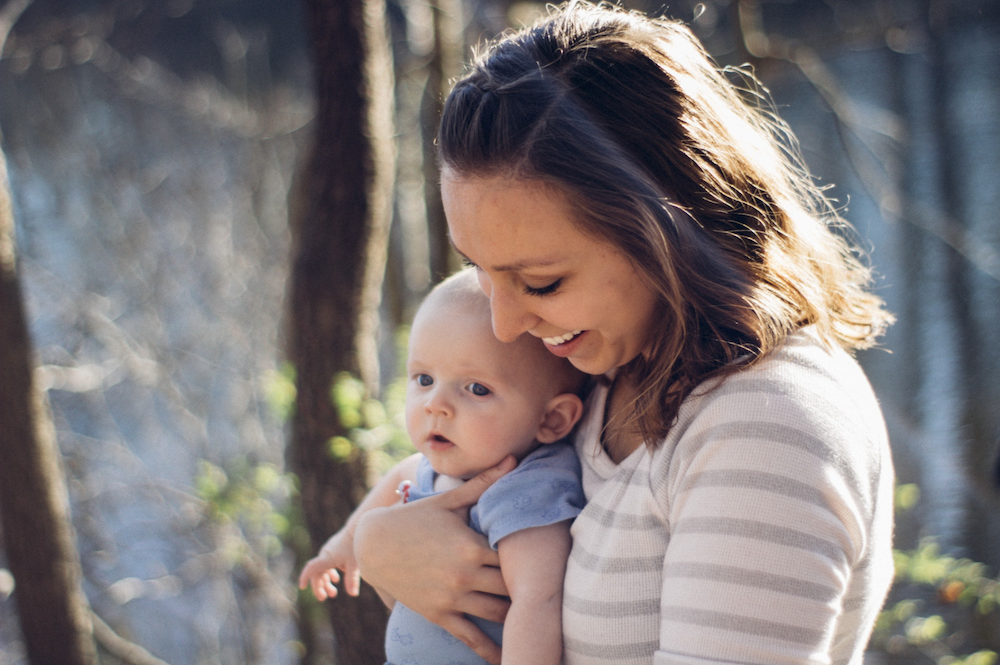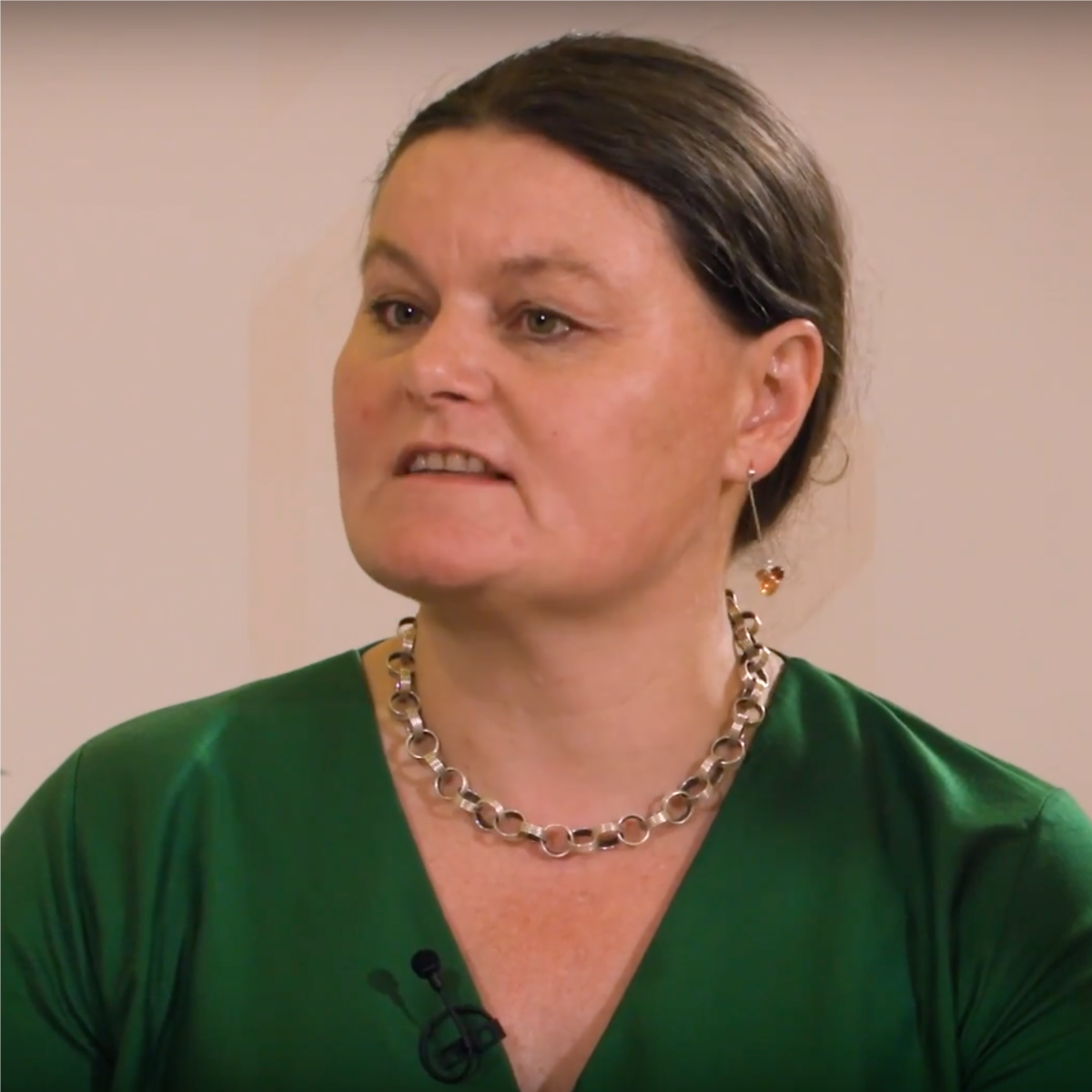Share4Rare Webinar V: "How to Detect & Tackle Pseudoscience"

Just as fake news seems to become an inevitable grudge whenever you look for news or information online, fake science is on the rise too, and it stirs up the rare disease community. Articles that are not peer-reviewed, written by self-proclaimed doctors that pretend to be reliable and telling the truth – also dubbed pseudoscience – are an easy pitfall when you are looking for your child’s rare condition online.
The founders of Melanoma Patient Network Europe – a group dedicated to promote access to prevention, early detection and effective treatment in Melanoma across Europe, are hosting a webinar on Tuesday March 26, 5.30 pm CET. During this webinar, Gilliosa Spurrier-Bernard from MPNE will share her experience on pseudoscience, and present tools on how to sensitively and effectively deal with it, and how patient platforms and forums are essential in this education.
After this webinar, participants will be able to define the difference between science and pseudoscience, understand why unprepared patients are vulnerable to fake science, see how MPNE deals with fake science on their patient forums, and know the principles of falsification.
For more information and registration click here.
Speaker:
 |
Gilliosa Spurrier-Bernard BSc, MSc is a former geologist who became involved in melanoma advocacy when her husband became a stage 4 melanoma patient. She is a patient advocate since 2014 when she founded Melanome France, and became Vice President of Melanoma Patient Network Europe. As Eupati Fellow she compiled patient evaluations for HTA approvals and collaborated on guidelines for multiple organisations. Her motto is "Patients first, data not opinions, solutions not problems and finally: if YOU don't do it, nobody will." |
